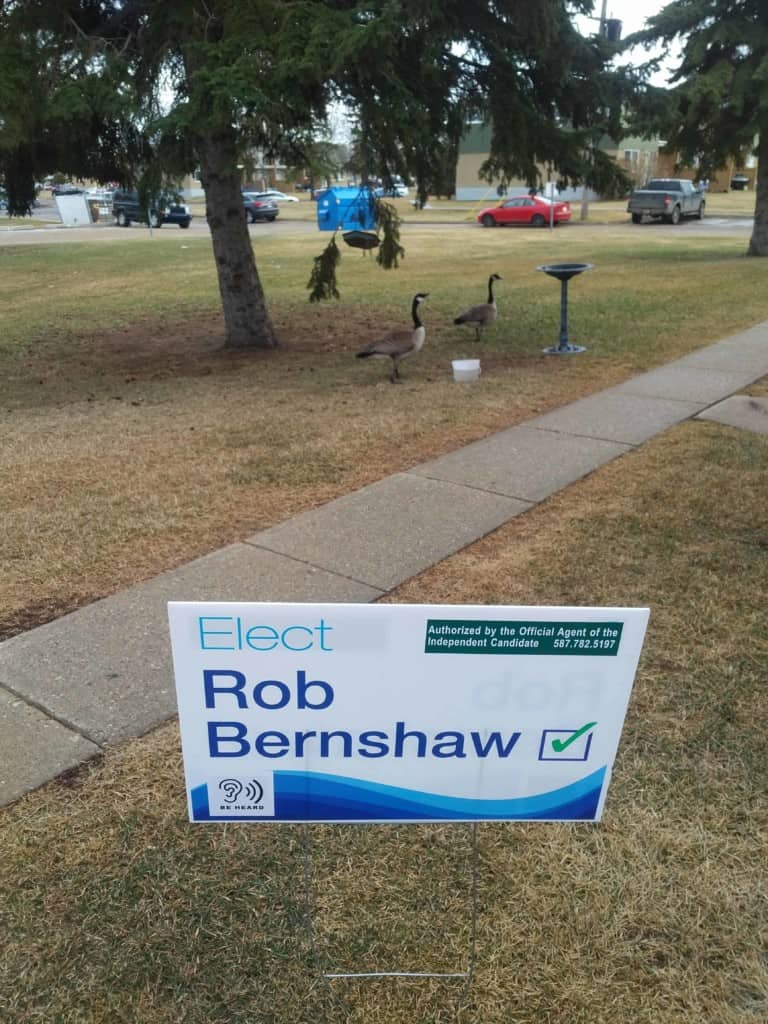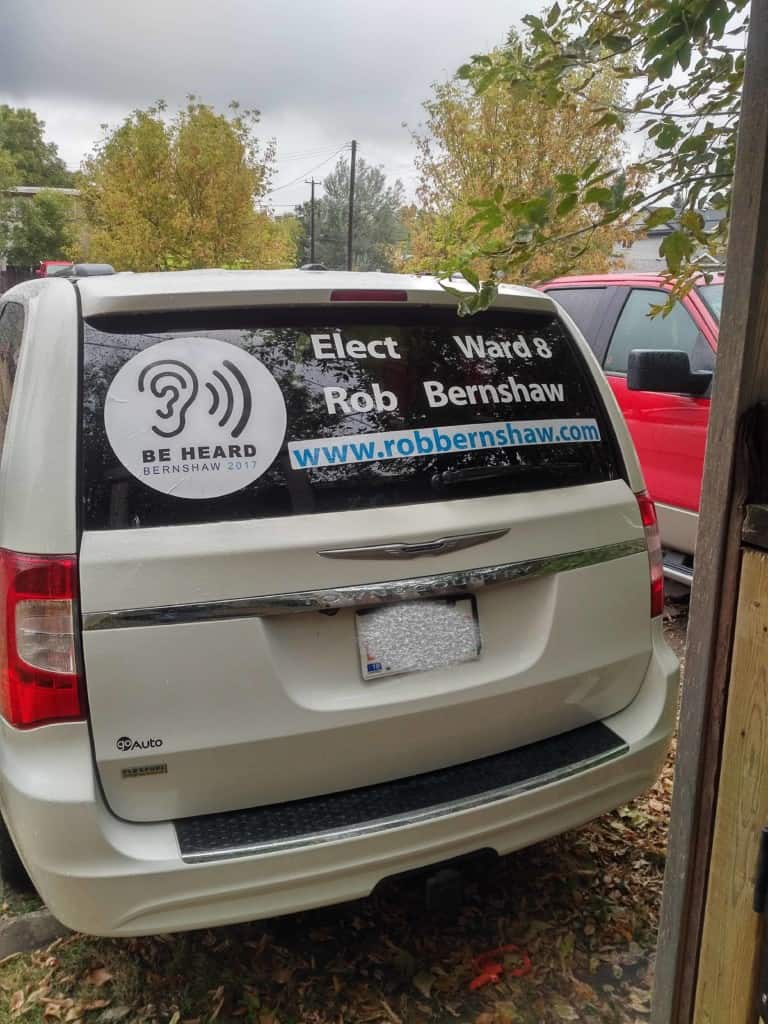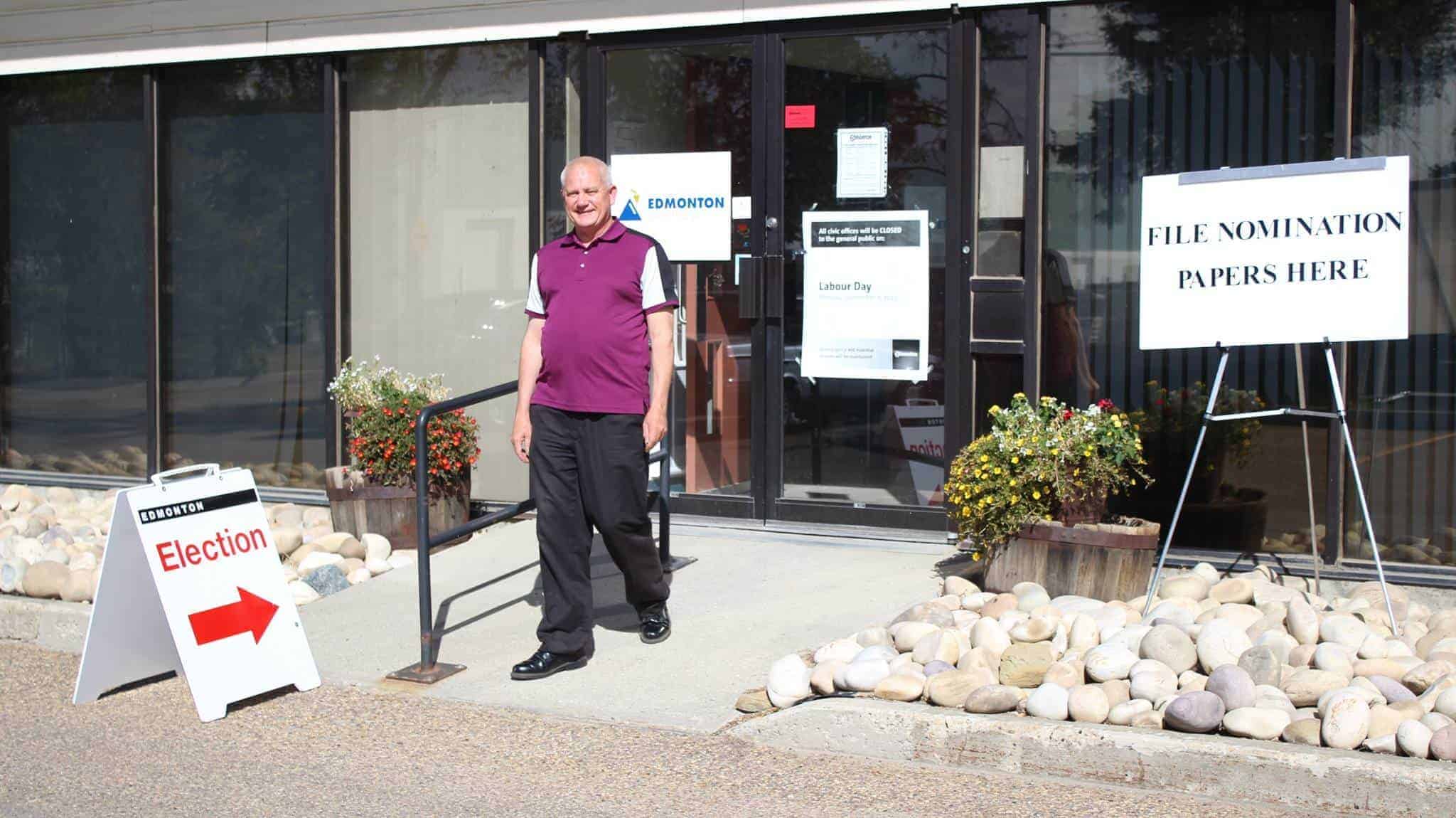An election is a desire to be heard
Advice for potential candidates about to embark on a campaign
Since our very first breath when our voices reverberated in people’s ears, our desire to be heard has been strong.
People often have the perception that municipal councils and provincial or federal governments do not always hear our voices. In 2013, that is the sense I got in the days leading up to the municipal election. That’s when I decided to step up to the plate and swing my candidate bat with this message: “Ward 3 residents need to have their voices heard at city hall.”
I have participated in four election campaigns as a candidate: in the 2013 municipal election for city council, in the 2015 municipal election for school board trustee, in 2017 municipally for city council, and in the 2019 provincial election for Member of the Legislative Assembly (MLA) as an independent.
Living in a democratic society in Canada, anyone, no matter their background or socioeconomic status, can run for office.

The beautiful thing about the process is that everyone must overcome the same challenges. For example, in order to become a candidate, you must be at least 18 years old on nomination day, a Canadian citizen, and a resident of the local jurisdiction for six consecutive months before nomination day.
Every potential candidate must go through a nomination process. This means that person must knock on doors to collect a minimum amount of names of local constituents in the area where they’ve chosen to run. This process gives the candidate the opportunity to run in the election. The same process is done provincially as well. Every potential candidate must also pay a deposit along with the list of nominations collected. The deposit municipally is $100 and $500 provincially. There is no deposit required federally.
As a veteran of four election campaigns, here is something to remember if contemplating putting your name into the election arena: invest in good, comfortable footwear. Good shoes are a must-have item on the campaign trail. Lots of door knocking, walking, and running is involved. One way to keep fit is to run in any campaign as a candidate or volunteer.

Speaking of volunteers, appreciate the people who help you. Volunteers are invaluable and are the heart and soul of any campaign. In fact, when I’ve gone door knocking, some people have loved the message I presented and have volunteered to help spread that message. I always accept their enthusiasm and support along the campaign trail. The more volunteers, the better the campaign.
I may not have hit a home run yet, but one thing is gratifying regarding my “be heard” campaigns: Edmonton city council has incorporated part of my message and now has an online lobbyist registry. One may not always get elected, but a hit to first base is good when it comes to the voices of the people being heard.
Lastly, but very important: if you decide to run in an election, always have fun.
Featured Image: Rob Bernshaw at the Elections Edmonton office after submitting nomination papers on Aug. 31, 2015. | Supplied







